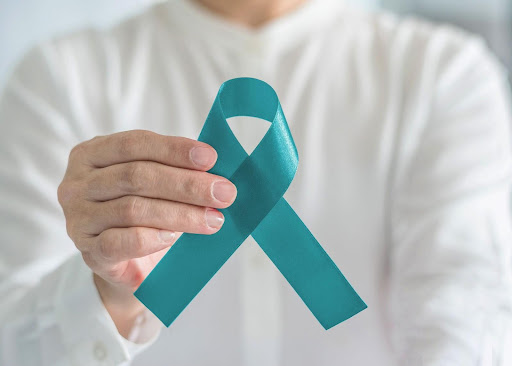
Keeping Up with Your Cervical Health
Cervical cancer is a preventable and curable disease, yet it’s responsible for a significant burden of suffering women across the world. Among older women, there’s a lot of conflicting advice about cervical cancer screenings, along with evidence that women of all ages are not taking the necessary preventive measures to protect themselves from cervical cancer.
January is Cervical Cancer Awareness Month, a month dedicated to informing individuals of the risks of the disease and how to keep their bodies safe. There’s no better time than now to prioritize your cervical health.
Cervical Health Concerns
The main cervical health concern for women is cervical cancer. Cervical cancer is cancer that starts in the cervix, most typically caused by human papillomavirus, which is a sexually transmitted infection. Doctors diagnose about 13,000 new cases of cervical cancer in women annually. There’s a misconception that cervical cancer is a younger woman's disease, but the average diagnosis is 50, and 20 percent of cases are in women 65 and older.
Like many forms of cancer, there are no signs or symptoms in the early stages. As cancer progresses, individuals may experience vaginal bleeding after menopause, watery discharge that may have an odor, or pelvic pain during intercourse.
Preventing Cervical Cancer
The best way to prevent cervical cancer and increase your chances of catching it early should it develop is to keep up with your routine pap tests. Pap tests can detect precancerous cervix conditions that your doctors can treat before they become cancer. Doctors recommend most women get them every three to five years, depending on their health and risk factors.
According to the Centers for Disease Control and Prevention, many women older than 65 are not getting recommended cervical cancer screenings. Women older than 65 can still develop cervical cancer and should continue getting pap tests unless they’ve had a hysterectomy. One study found that one in twenty women between 65 and 70 have never had a pap test, and should schedule one with their doctors.
Besides cervical cancer screenings, not smoking is another way to lower your risk of cervical cancer. Smoking is associated with squamous cell cervical cancer, a type of cervical cancer that begins in the thin, flat cells lining the outer part of the cervix. Smoking is an addictive habit, so if you’re having trouble quitting, talk to your doctor about treatment options.
Working with Visiting Angels
Living with cervical concerns can make daily living activities challenging. If you’re an older adult who needs assistance with light housekeeping, meal preparation, transportation, personal grooming, or medication reminders, the team at Visiting Angels can help.
Our Jasper office works with seniors in Jasper and the surrounding communities of Walker County. If you’d like to learn more about our services or schedule a complimentary consultation, send us a message or call 205.388.9353.
